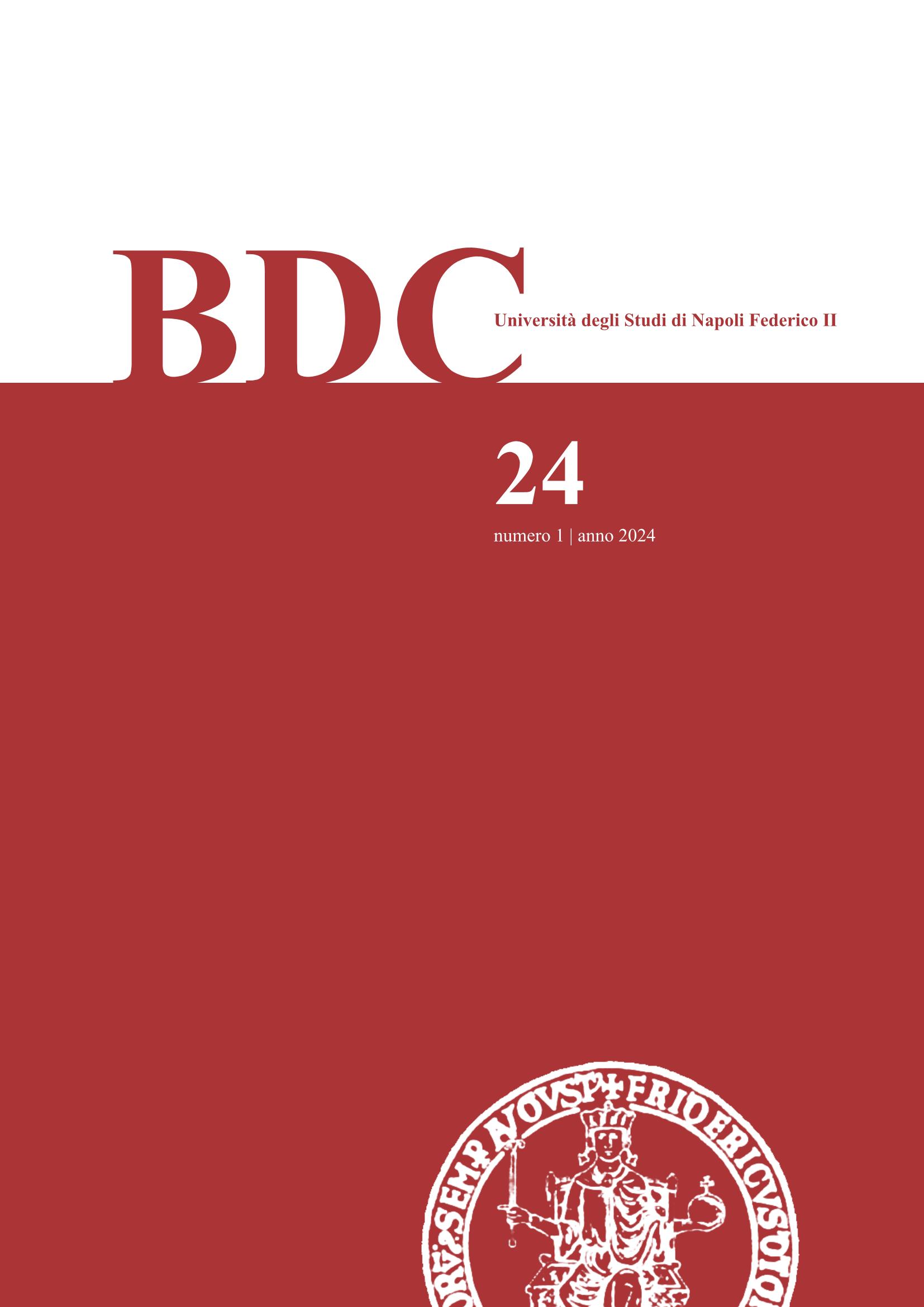Il museo urbano contemporaneo: analisi, strumenti e metodologie per una rivisitazione del processo di monitoraggio delle strategie e la costruzione di linee guida
Abstract
L’articolo propone gli esiti di una ricerca di dottorato riguardante il ruolo del museo quale polo attivatore di processi di partecipazione con i residenti attraverso attività dedicate e la riconfigurazione degli spazi tradizionali di visita. Considerato innovativo luogo di aggregazione sociale e di attrazione di flussi di utenti, il museo assume un’accezione sempre più inclusiva, diventando emblematico del rapporto di reciprocità con il territorio in cui si inserisce. La ricerca individua metodologicamente nuovi criteri quali-quantitativi per la valutazione dell’impatto che il museo genera nel miglioramento della qualità della vita degli abitanti (politiche del welfare), accrescendo il proprio ruolo sociale. Attraverso tre casi studio, selezionati tra tipologie dove il museo è stato soggetto attivo nel processo di trasformazione urbana, si evidenzia il rapporto che si è instaurato con le istituzioni, i cittadini e i professionisti per estrapolare quegli elementi su cui si sono strutturati i diversi processi, per trovare analogie e differenze, e costruire un modello, che supporta la configurazione di una proposta preliminare di linee guida, in cui le performance gestionali dipendono dalle scale di riferimento adatte nel concretizzare progetti specifici di interazione fra museo e città.
Parole chiave: museo urbano, offerta culturale, analisi multiscala, dashboard, politica del welfare
Downloads
Copyright (c) 2024 BDC. Bollettino Del Centro Calza Bini

This work is licensed under a Creative Commons Attribution 4.0 International License.
